On this page, you will find a comprehensive vocabulary list related to reading. You can access games, flashcards, and other resources to help strengthen your understanding of the subject. Explore the various tools available to enhance your reading vocabulary skills.
Reading is a fundamental skill that plays a crucial role in our daily lives, helping us to gather information, expand our knowledge, and broaden our perspectives. Whether it’s diving into a captivating novel, researching a topic online, or simply reading the news, the ability to read enables us to stay informed and engaged with the world around us. Cultivating strong reading skills not only enhances our communication abilities but also boosts critical thinking and problem-solving skills, making it an essential component of lifelong learning and success.
Practice & Reinforce Your Learning
Reading Vocabulary List
Bookstores
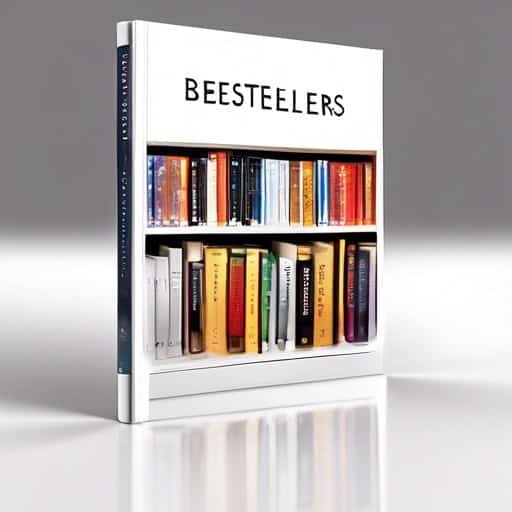
- She went to the bookstore to pick up the latest bestsellers on the New York Times list.
- The author's newest novel quickly became one of the bestsellers of the year.
- Many bestsellers are turned into blockbuster movies due to their popularity.

- The bookshelves in the bookstore were neatly organized by genre, making it easy for customers to find what they were looking for.
- The wooden bookshelves were filled to the brim with novels, biographies, and self-help books.
- I spent hours browsing the bookshelves, captivated by the endless options and possibilities within reach.

- She studied English literature in college and fell in love with the works of Shakespeare and Jane Austen.
- The library's collection of world literature includes classics from various cultures and time periods.
- The professor assigned a challenging piece of modern literature for the class to analyze and discuss.

- Bookworms can often be found with their noses buried in a book, oblivious to the world around them.
- They are always eager to discuss their latest literary discoveries with fellow book lovers.
- Many bookworms have overflowing bookshelves at home, filled with their beloved collections.

- I prefer to buy paperbacks because they are more affordable and easier to carry around.
- I always check the paperback section first when browsing for new books at the bookstore.
- The library has a great selection of paperbacks that I enjoy borrowing for my leisure reading.

- I attended a book signing by my favorite author last week and got a signed copy of their latest book.
- Book signings are a great way for fans to meet authors in person and show their support for their favorite writers.
- The bookstore was packed with excited readers eagerly waiting in line for the author's book signing event.

- I love to read novels by my favorite authors in my free time.
- The library has a wide selection of novels for all ages and interests.
- She has written several bestselling novels that have been adapted into movies.
Fiction

- The antagonist in the novel was a sinister villain who tried to thwart the hero's plans at every turn.
- Throughout the movie, the antagonist's cunning schemes kept the audience on the edge of their seats.
- The antagonist's relentless pursuit of power made them a formidable foe for the protagonist to overcome.

- The author crafted a compelling narrative that kept readers engaged until the very end.
- The narrative of the novel unfolded through multiple perspectives, adding depth to the story.
- The film's narrative was gripping, with unexpected twists and turns that left viewers on the edge of their seats.

- The protagonist in the novel must overcome their fears in order to save the kingdom.
- As the protagonist struggles with their inner demons, they grow stronger and more resilient.
- Readers sympathize with the protagonist as they navigate through a series of trials and tribulations.

- The main conflict in the story arises when the protagonist discovers a dark secret about their family.
- Tension builds as the two main characters find themselves on opposite sides of the conflict, torn between loyalty and personal beliefs.
- The resolution of the conflict ultimately leads to a profound transformation in the protagonist's character.
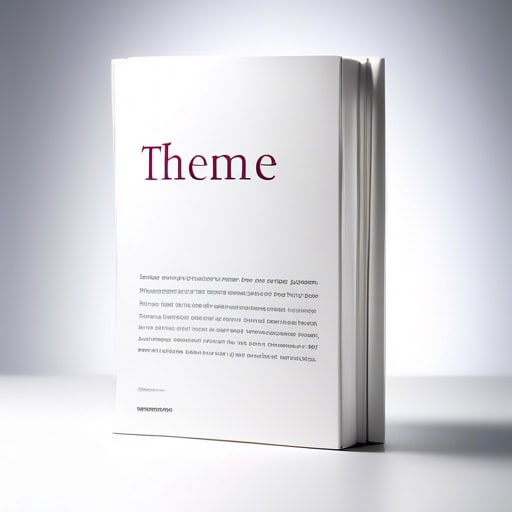
- The theme of love and sacrifice is prevalent throughout the novel.
- The author skillfully weaves the theme of redemption into the storyline.
- The theme of power and corruption is explored in depth in this work of fiction.

- The eerie setting of the abandoned mansion added to the suspense of the horror story.
- The lush tropical setting of the island paradise made it the perfect setting for a romantic novel.
- The futuristic setting of the science fiction novel transported readers to a world filled with advanced technology and space travel.

- The plot of the novel was filled with unexpected twists and turns that kept me on the edge of my seat.
- As I read further, the intricate plot unfolded, revealing hidden motives and betrayals among the characters.
- The plot of the movie was so well-crafted that I found myself completely engrossed in the story from beginning to end.

- The protagonist's strong moral character led them to make the difficult decision to sacrifice themselves for the greater good.
- The antagonist's manipulative and deceitful character added depth to the conflict in the story.
- The supporting character's quirky personality provided comic relief in an otherwise intense plot.
Non-fiction
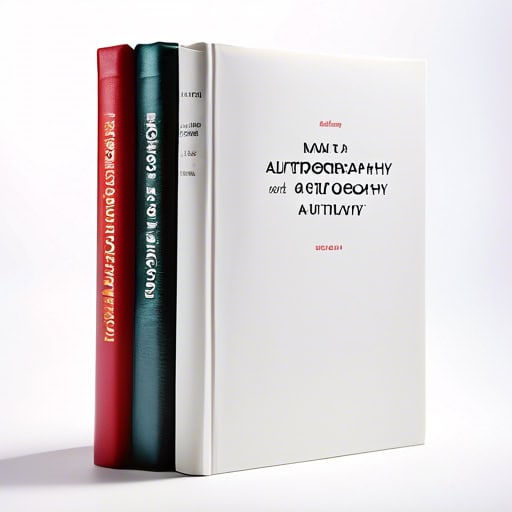
- - I just finished reading Michelle Obama's autobiography, "Becoming," and I was truly inspired by her journey.
- - Writing my own autobiography has been a cathartic experience, allowing me to reflect on the ups and downs of my life.
- - Many people find reading autobiographies to be a fascinating way to learn about the lives of others and gain new perspectives.
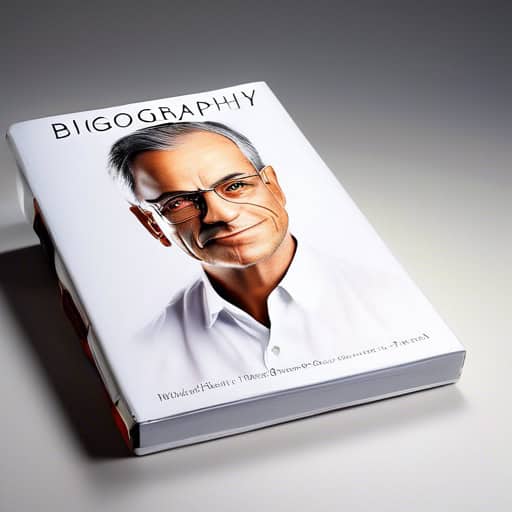
- She spent years researching and writing a detailed biography of the famous author.
- The biography of the civil rights leader shed light on his early life struggles and later accomplishments.
- The biography painted a vivid picture of the artist's creative process and inspirations.

- Her memoir detailed her struggles with addiction and eventual road to recovery.
- The memoir offered a glimpse into the author's childhood and the impact it had on their adult life.
- Reading her memoir was like taking a journey through her most intimate thoughts and emotions.

- Her passion for journalism led her to pursue a career as a reporter for a major news outlet.
- The journalism industry is constantly evolving with the rise of digital media platforms.
- The journalism program at the university offers students hands-on experience through internships and reporting assignments.
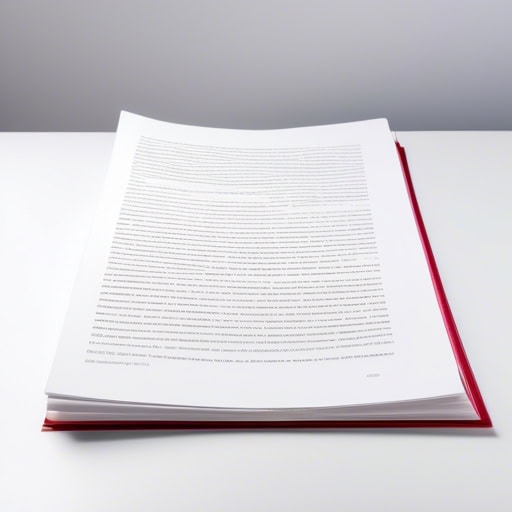
- She spent hours researching and writing her essay on climate change.
- The professor assigned a 5-page essay on the impact of technology on society.
- After revising her essay multiple times, she finally felt confident in submitting it for grading.

- The journalist spent weeks interviewing sources and gathering evidence before beginning the reporting process.
- The accuracy and thoroughness of the reporting were praised by the editor.
- The committee requested a detailed report, so the team began compiling data and preparing their findings for reporting.

- I spent hours conducting research on the effects of climate change.
- The research paper highlighted the importance of early childhood education.
- The scientist received a grant to continue their research on cancer treatments.

- I watched a fascinating documentary about the history of jazz music last night.
- The documentary highlighted the impact of climate change on polar bears in the Arctic.
- She decided to make a documentary about the life of a famous artist.
Mystery

- The detective carefully examined the crime scene for any potential evidence.
- She interrogated the main suspect for hours, trying to catch him in a lie.
- After hours of investigation, the detective finally cracked the case and apprehended the criminal.

- The detective thought the suspicious neighbor was a red herring in the murder investigation.
- The seemingly incriminating evidence turned out to be a red herring, leading the authorities on a wild goose chase.
- The red herring in the story made it difficult for the reader to unravel the true mystery.

- He claimed to have an alibi, stating that he was at a friend's house during the time of the robbery.
- The defendant's alibi was proven to be false when security footage showed him at the scene of the crime.
- The witness provided a solid alibi for the suspect, confirming that they were together at a different location when the murder occurred.

- The sleuth carefully examined the clues left at the crime scene.
- Despite the lack of evidence, the sleuth was determined to crack the case.
- The famous sleuth was known for solving the most complex mysteries.

- I couldn't figure out who the culprit was until I found a crucial clue hidden in the victim's pocket.
- The detective carefully examined the crime scene, searching for any possible clue that could lead to the killer.
- The mysterious letter left on the table turned out to be the missing clue that unraveled the entire case.

- The author masterfully built up the suspense throughout the novel, keeping readers on the edge of their seats.
- The suspenseful atmosphere created by the unknown identity of the killer added an extra layer of intrigue to the story.
- The suspenseful climax had readers holding their breath as they eagerly awaited the resolution of the mystery.

- The novel was filled with intrigue as the detective tried to unravel the mysterious disappearance of the main character.
- The plot thickened with each new clue, adding to the intrigue of the story.
- The unexpected twist at the end of the book left readers in a state of intrigue and anticipation.
Science fiction

- The alien spacecraft hovered silently in the night sky, its strange lights mesmerizing those who witnessed it.
- The government denied any knowledge of the alien presence, sparking conspiracy theories among the public.
- Scientists were eager to study the alien specimen, hoping to unlock the secrets of its advanced technology and biology.

- The spacecraft launched successfully and began its journey to explore the distant planet.
- As the spacecraft approached the asteroid belt, the crew prepared for potential obstacles.
- The spacecraft's advanced technology allowed it to navigate through the vast expanse of space with precision.

- The novel depicted a dystopian world where citizens were constantly monitored and controlled by a totalitarian government.
- In the dystopian society, individuality was suppressed and conformity was enforced through strict regulations.
- The film portrayed a bleak and dystopian future where humanity had lost its moral compass and descended into chaos.

- The protagonist in the novel encountered an extraterrestrial being on a distant planet.
- Scientists have yet to confirm the existence of any extraterrestrial life forms in our universe.
- The movie depicted an epic battle between humans and extraterrestrial invaders.

- Cybernetics plays a key role in the development of advanced technology in science fiction.
- The protagonist in the novel is a cybernetics engineer who creates a sentient robot.
- The story explores the ethical implications of merging human consciousness with cybernetic enhancements.

- The superhero used his teleportation powers to quickly move across the city and apprehend the villain.
- In the science fiction novel, the protagonist discovered a device that allowed for instant teleportation to other planets.
- The scientists were thrilled to finally achieve successful teleportation of a small object in the lab.

- Artificial intelligence has become a prominent topic in science fiction, often portrayed as intelligent machines with human-like abilities.
- In novels and movies, artificial intelligence is often depicted as both a helpful tool and a potential threat to humanity.
- The concept of artificial intelligence raises ethical questions about the implications of creating sentient beings with their own consciousness.
Fantasy

- The sorceress cast a spell on her enemies, causing them to fall into a deep sleep.
- She traveled through the forest, her sorceress powers guiding her to the hidden cave.
- Legend told of a sorceress who could control the elements with a flick of her wrist.
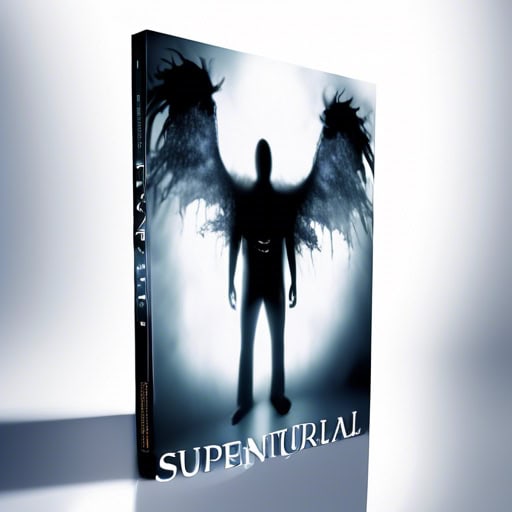
- The protagonist possessed supernatural powers that allowed him to control the elements with his mind.
- The ancient forest was rumored to be haunted by supernatural creatures that only appeared under the light of a full moon.
- She believed in the existence of supernatural forces that guided and protected her through life's challenges.
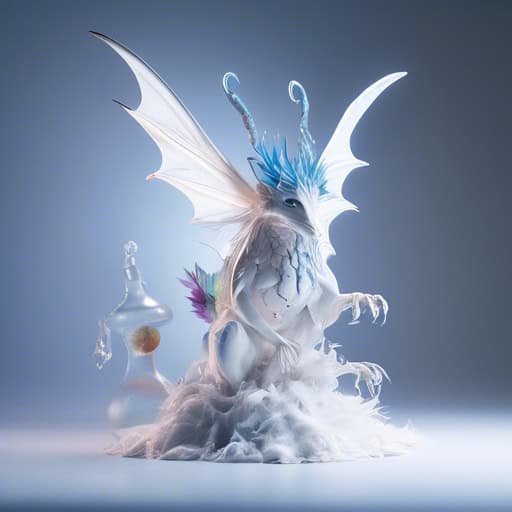
- The novel was filled with fantastical creatures, from talking animals to shape-shifting wizards.
- As she stepped into the enchanted forest, she was surrounded by fantastical colors and sounds.
- The fantastical world of the fairytale seemed to come to life as she turned the pages of the old book.
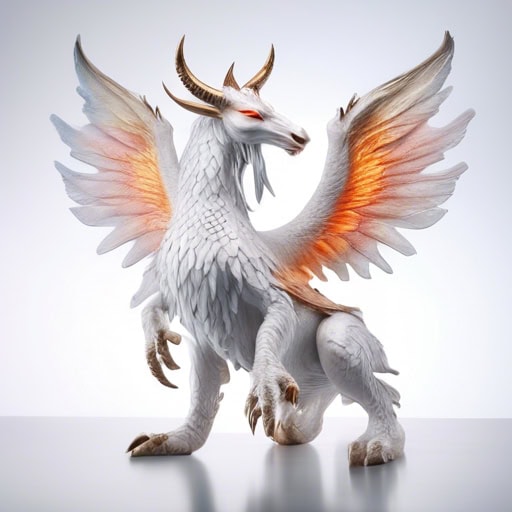
- In the mythical world of Tolkien's Middle Earth, dragons and elves coexist.
- Legends speak of a mythical creature that guards the entrance to a hidden realm.
- The hero embarked on a quest to find the mythical sword that could defeat the dark sorcerer.

- The sorcerer cast a powerful spell, causing a storm to brew overhead.
- Legend has it that the sorcerer lived in a hidden cave deep in the forest.
- The villagers feared the sorcerer and his ability to control the elements.

- She wandered through the enchanted forest, mesmerized by the shimmering lights and mysterious creatures that seemed to be watching her every move.
- The castle was said to be enchanted, with walls that whispered secrets and rooms that shifted and changed at will.
- As the sun set, the village became an enchanted realm, where shadows danced and ghosts of the past roamed freely.

- The dragon soared through the sky, its wings flapping loudly.
- Legend says that only a brave knight can slay the dragon and save the kingdom.
- The villagers lived in fear of the dragon that nested in the nearby mountains.

- The wizard used his magical powers to conjure a powerful spell.
- Legend has it that the wizard lived in a secluded tower, practicing his craft.
- The wizard was known throughout the land for his ability to tame dragons.

- The sorcerer cast a spell, summoning a whirlwind of magic that engulfed his enemies.
- The enchanted amulet glowed with a mysterious magic that granted its wearer incredible strength.
- The wizard waved his wand, conjuring a burst of colorful magic that illuminated the dark forest.
Historical fiction

- I enjoy reading historical fiction novels because they transport me to different time periods and allow me to learn about history in a more engaging way.
- One of my favorite historical fiction authors is Philippa Gregory, who is known for her detailed and accurate portrayals of historical events.
- Historical fiction movies, such as "The King's Speech" and "12 Years a Slave," often receive critical acclaim for their realistic depictions of historical events.
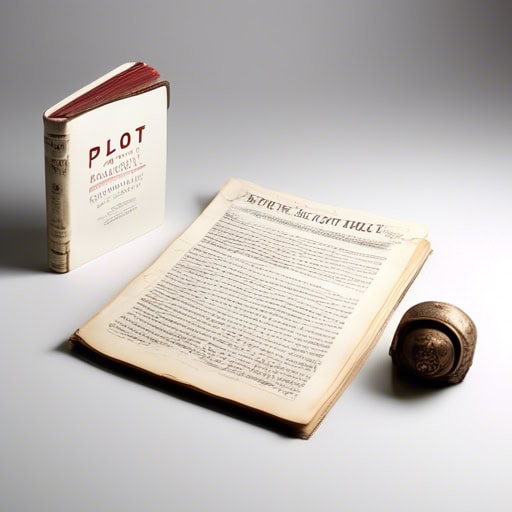
- The plot of the novel unfolded slowly, revealing hidden twists and turns that kept readers on the edge of their seats.
- She carefully outlined the plot of her screenplay, making sure to include all necessary details to captivate the audience.
- The intricate plot of the mystery novel kept me guessing until the very end, trying to piece together the clues to solve the crime.

- The time period of the novel is set during the Renaissance in Italy, a time of great artistic and cultural flourishing.
- The author meticulously researched the time period in order to accurately portray the daily life and customs of the characters in the story.
- The time period of the story spans over several decades, capturing the changes and developments that occurred during that tumultuous era.
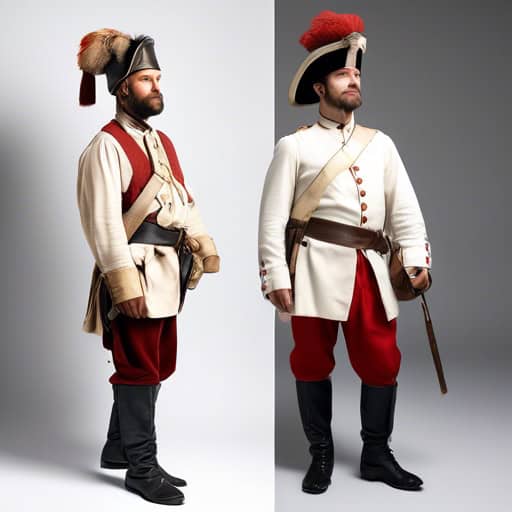
- The novel received praise for its meticulous attention to historical accuracy, accurately portraying the time period in which it was set.
- The film director faced criticism for sacrificing historical accuracy in order to make the story more entertaining for modern audiences.
- The museum exhibit was lauded for its commitment to historical accuracy, with experts noting the thorough research that went into each display.
Quick Facts
- Reading can improve your empathy by allowing you to see the world through someone else’s perspective.
- Research has shown that reading can reduce stress levels by up to 68%.
- People who read regularly are more likely to have higher vocabulary and better communication skills.
- Reading can improve your memory and cognitive function, helping to keep your brain sharp as you age.
- Reading fiction has been linked to increased creativity and imagination, as it allows your mind to wander and explore new possibilities.
